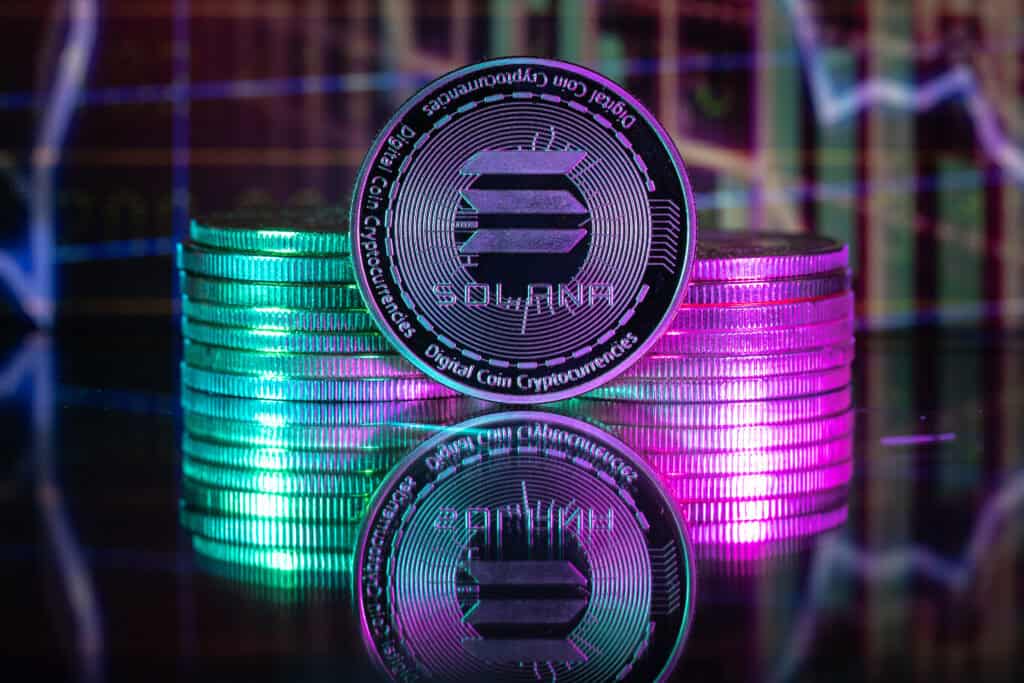
Key Takeaways:
- Solana’s proposal to reduce inflation by 80% (SIMD-228) failed, receiving 61.4% approval—short of the required 66.67%.
- The vote, with 910 validators participating, was the largest governance event in crypto history by market cap and engagement.
- Despite the proposal’s failure, Solana’s governance process was praised for high voter turnout and network-wide debate.
Solana’s proposal to significantly reduce its inflation rate by 80% has failed to pass despite strong participation from network validators.
The proposal, known as SIMD-228, aimed to shift Solana’s inflation model from a fixed schedule to a dynamic system that adjusts based on staking participation.
SOLANA’S INFLATION-CUTTING PROPOSAL SIMD-228 FAILS, BUT GOVERNANCE PROCESS WINS BIG
— BSCN (@BSCNews) March 14, 2025
– A proposal to drastically change @Solana’s inflation model, SIMD-228, has been rejected by stakeholders, but the process is being hailed as a major victory for Solana’s governance system.
The… pic.twitter.com/BjaU5898d4
Currently, Solana’s inflation rate is 4.66%, decreasing annually until it stabilizes at 1.5%.
The vote saw participation from 910 validators, representing 74% of the staked supply.
However, the proposal only received 61.4% approval, falling short of the required 66.67% threshold.
Despite the failure, Multicoin Capital’s Tushar Jain called it a “major victory” for Solana’s governance process, highlighting it as the largest governance vote in crypto history.
SIMD-228 was a historic milestone for crypto.
— Tushar Jain (@TusharJain_) March 14, 2025
Even though our proposal was technically defeated by the vote, this was a major victory for the Solana ecosystem and its governance process. Over 74% of stake turned up to vote on the proposal. Yes votes were 43.6% of stake, no…
Proponents of SIMD-228 argued that the change would improve network security, as inflation would adjust if staking participation dropped, enhance staking incentives, increase SOL participation in DeFi, and reduce inflation-related selling pressure.
However, critics raised concerns about increased complexity in the inflation model, reduced rewards for smaller validators, and potential instability from dynamic inflation adjustments.
The proposal’s rejection had minimal immediate impact on SOL’s price, which dipped 1.5% to around $125.
However, SOL has declined nearly 60% over the past two months as network revenue dropped by 90% following the collapse of the memecoin craze.

